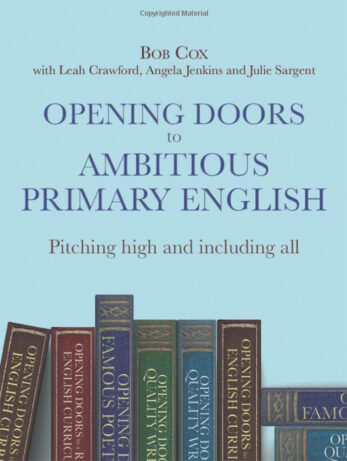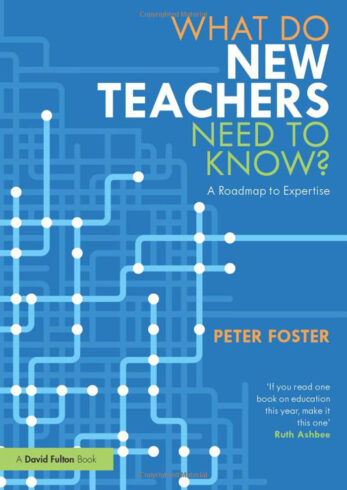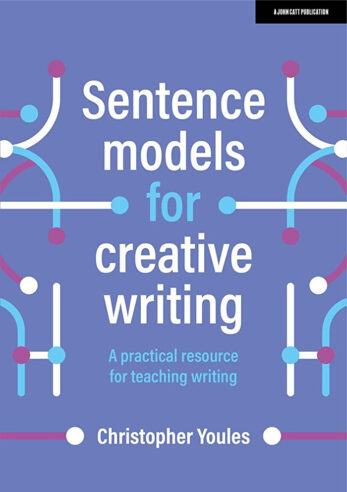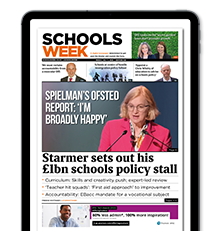Pupil numbers down?
A tense conversation over proposed school closures due to falling enrolments reached fever pitch this week. With multiple primaries and secondaries set to close in London, a debate chaired by MPs ensued on Wednesday to discuss pupil roll numbers and their impending impact on schools.
The implications could prove disastrous for schools already experiencing extraordinary levels of persistent absence following the pandemic, socio-economic factors such as the ongoing cost-of-living crisis (especially where housing pressures exacerbate displacement), a drop in EU migration, and/or an increase in parents opting to home school their children.
From a governance perspective, a falling school roll heavily impacts financial stability due to funding allocated through local authorities or directly from the government on a per-pupil basis. This decline in pupils may eventually result in a budget deficit, forcing some schools to restructure, amalgamate or worse, face closure.
A merger is less disruptive than closing a school entirely, but the former will certainly raise challenges for all SLTs and governors, such as: potential changes to the schools’ curriculum, new school uniforms, staff redundancies, disengaged children, disgruntled parents, etc. The knock-on effect of any proposed merger will add to the challenges faced by parents and teachers already impacted by the cost-of-living crisis.
As a governor, we strive for higher standards of educational achievement; schools running at a deficit would likely impact educational performance and burden already disadvantaged pupils. Falling school rolls undeniably create a detrimental effect on educational standards. Maybe it’s the way schools are funded that needs a rethink.
Or pupil numbers up?
Conversely, another impending burden on state schools could come in the form of additional pupils moving from the independent sector. New research unveiled this week by the EDSK think tank questioned how much money could be raised as a result of the Labour Party’s proposed removal of charitable tax status for independent schools.
While the research concluded that Labour’s claims about “new revenue” for the government seemed very optimistic, what might really make this policy less attractive is if it brings additional pupils without significant allocation of funding to invest in upgrading school buildings, reducing class sizes, improving teacher recruitment and retention, supporting SEND pupils and providing well-equipped classrooms with access to modern technology.
Any gain to the public purse will have to be targeted there before it helps with any of the other pressing matters for a new government.
Teaching by numbers
One solution to the sector’s falling teacher recruitment and retention is obviously to tap into sectors of the population who don’t traditionally apply to or remain in the profession.
This week, the African Caribbean Education Network (ACEN) began that work, promoting its Diverse City conference for Black and ethnic minority men and women interested in joining the sector. But given the NFER’s figures on racial equality in the teacher workforce, schools themselves have work to do.
As Wimbledon High School headteacher, Claire Boyd said at another ACEN conference last month, schools should strive to ensure that their approaches to equality, diversity and inclusion are woven through their practices as a golden thread, not just an add-on.
Coming in at number one
And finally this week, the conversation in the staffroom of Richard Atkins School has been dominated by talk of our visit from Her Royal Highness, the Duchess of Edinburgh.
The Duchess was there to celebrate our pupils’ fundraising efforts in aid of NSPCC’s Childhood Day, an initiative to help keep children safe from abuse and neglect.
As well as meeting volunteers who delivered a ‘speak out, stay safe’ workshop for older pupils at the school, she also visited the playground and took part in a walking race with the children. It would be inappropriate to say where she placed in the rankings, but the children and staff thought her visit was first-class.







Your thoughts